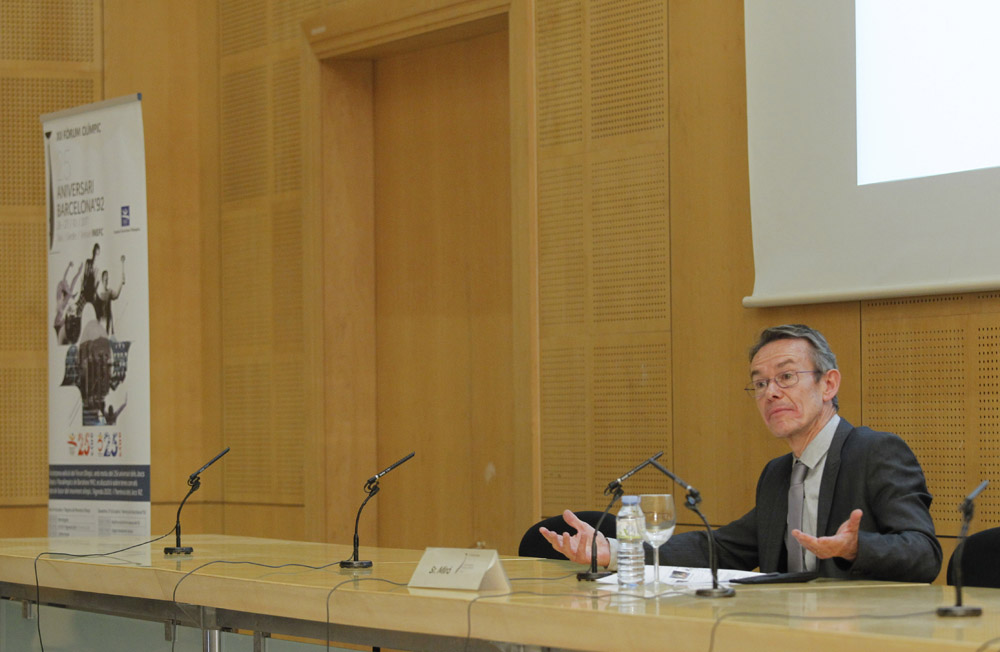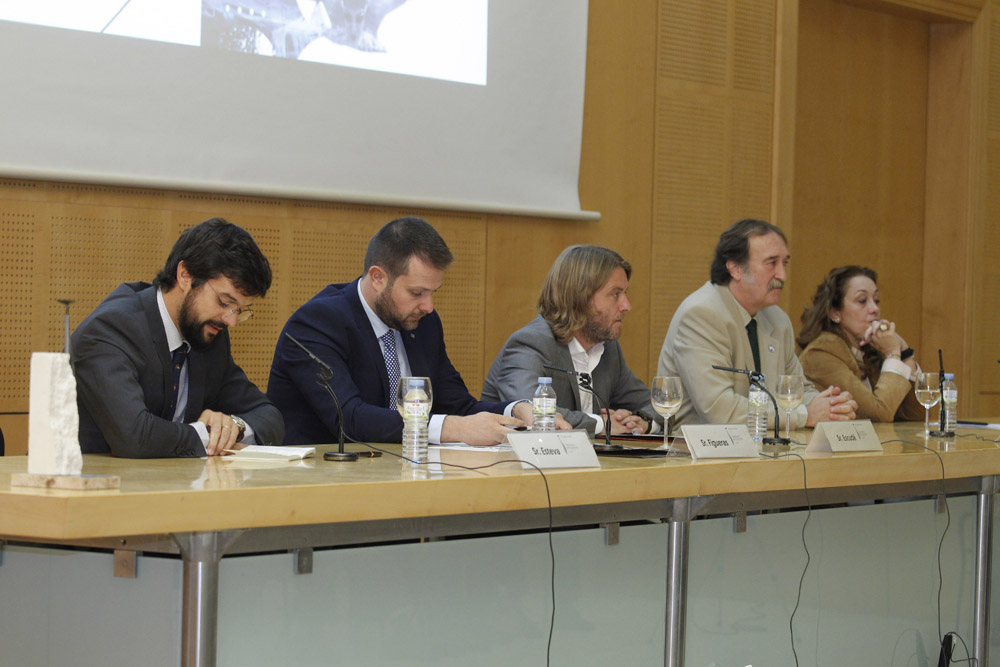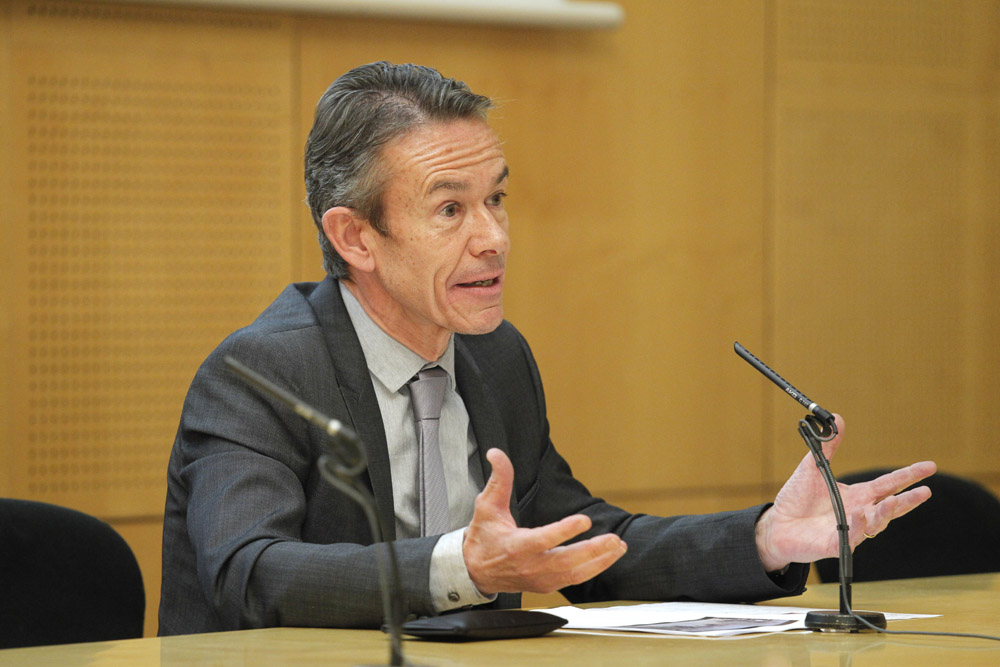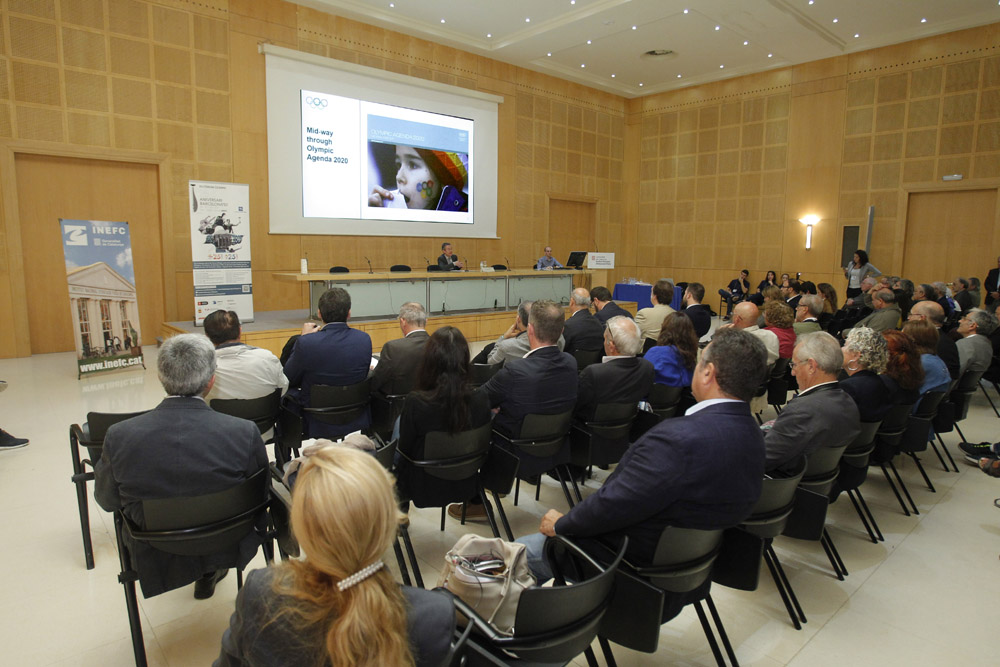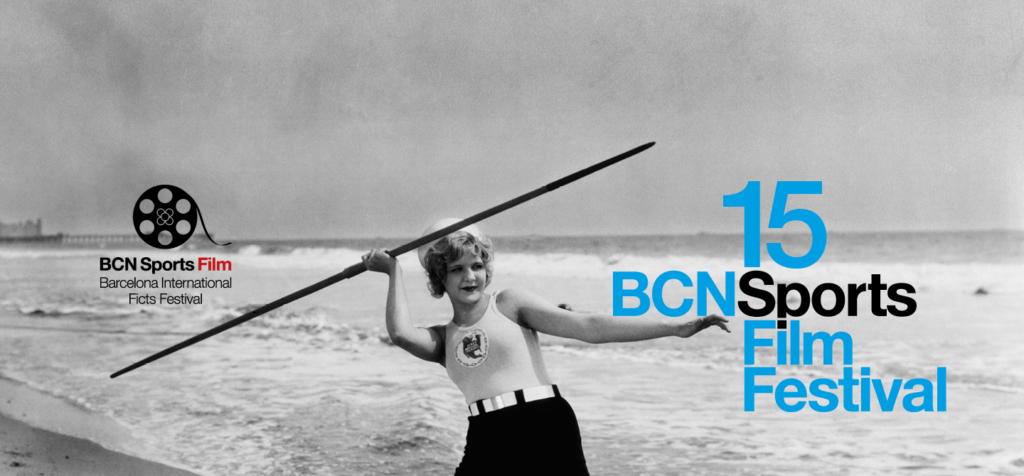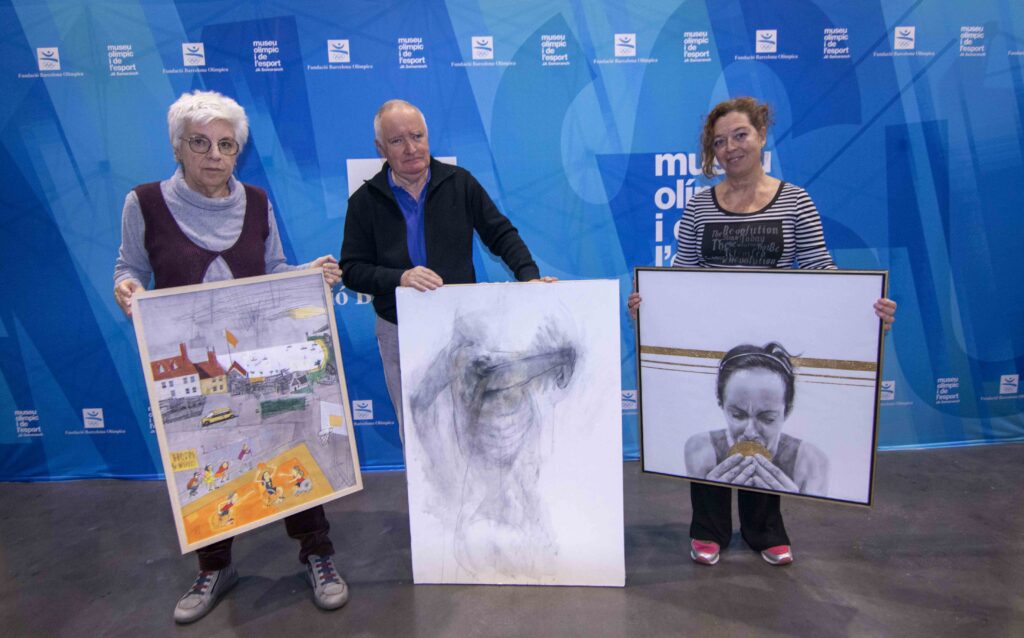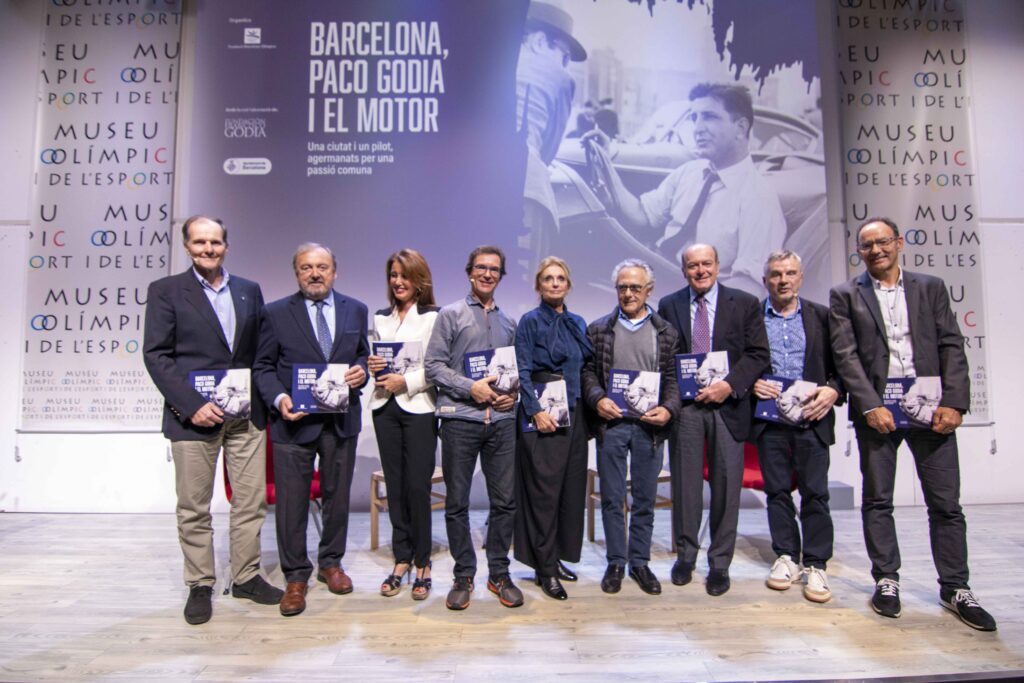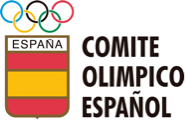Pere Miró highlighted the importance of Agenda 2020, which lays down the strategy to be followed by the International Olympic Committee for the future of the Olympic movement. Agenda 2020 was adopted by the IOC in December 2014 and establishes guidelines and objectives for the Olympic Games. Issues such as the usefulness of the Games to sport and society, sustainability and the environment and the use of facilities once the Games are over are some of the most important points Pere Miró emphasised in his speech.
Following this, Washington Fajardo, the Rio de Janeiro architect, explained to us how Rio City Council had the aim of improving and maintaining the city’s historical heritage, as laid down in Agenda 2020. To achieve this, owners were given substantial aid to restore their houses, enhancing a cultural treasure. This action was inspired by the “Barcelona; Make Yourself Beautiful” campaign launched by Barcelona City Council in the mid-1980s.
Along the same lines, Enric Truñó, Barcelona City Councillor for Sport and the 1992 Barcelona Olympics, launched campaigns such as “Sport for All” and the Olympic Games volunteer programme, which meant that the public got involved and adopted the Games and the importance of sport as their own. This feeling is still alive in Barcelona today.
Lluís Millet, the architect responsible for the Infrastructure department of the Barcelona ’92 Organising Committee COOB’92, explained some of the main principles of the restructuring of Barcelona and its infrastructure, an arduous task that was undertaken looking beyond ’92.
The day’s proceedings on Thursday 26 October concluded with a round table of Olympic cities, in which Anders Lindstad, Professor at Lillehammer University College in Norway, Kostas Georgiadis, Professor at the University of Peloponnese in Greece and delegate of the International Olympic Academy, and Simon Cooper, Head of Sport at the Greater London Authority, coordinated by Josep Roca, director of projects for Barcelona Activa, discussed positive and negative aspects of organising the Games and what is currently being done to solve them or to promote their benefits.

